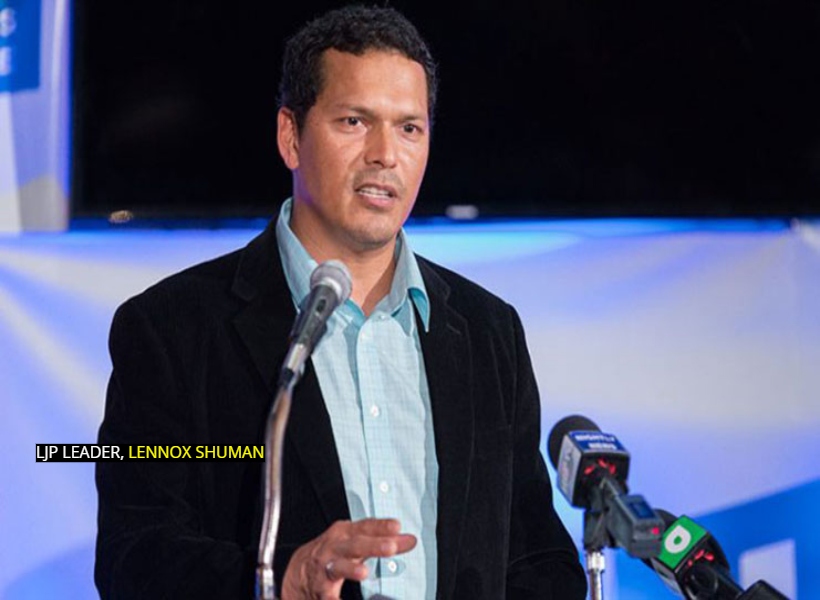Minister of Health, Dr. Frank Anthony, says Guyana is awaiting the results of the COVID-19 samples sent to the Caribbean Public Health Agency (CARPHA) for testing to determine the strain of the virus here.
The health official said it is premature to make assumptions that the strain found in Guyana is the same as the one identified in Brazil and he is cautioning the public against rushing to judgement.
“We cannot conclusively say that we have one variant or another. We don’t know if there are variants in Guyana, and the reason we don’t know that is because we have not been able to do the gene sequencing. We sent 10 samples to CARPHA in January for them to assist us with sequencing those samples so that we can determine whether any of those samples deviate from the norm,” he said.
A highly transmissible variant was first detected in the UK then in South Africa, the US and in neighbouring Brazil. The UK variant is currently circulating in 80 countries. The variant detected in South Africa which carries a mutation and appears to be more contagious, is circulating in 40 counties.
Brazil has one variant which is currently circulating in 10 countries, while the US has at least three variants which have rapidly spread throughout the country.
Minister Anthony dispelled the notion of purposeful delay in the samples being tested by CARPHA, explaining that gene sequencing is not like the regular testing process.
“Gene sequencing in a very complicated process so I guess CARPHA needs time to be able to do the sequencing. We have sent the samples and we are awaiting the results. When you finish the sequencing also, you have to be able to interpret the sequencing that you have done and that also requires some time to do. It’s a very complicated test that they are running,” he said.
The US’s National Human Genome Research Institute explains on its website that sequencing DNA means “determining the order of the four chemical building blocks called bases that make up the DNA molecule. The sequence tells scientists the kind of genetic information that is carried in a particular DNA segment.”
The World Health Organization has said this form of testing is enabling laboratories to rapidly identify SARS-CoV-2 and develop diagnostic tests to manage outbreaks.













